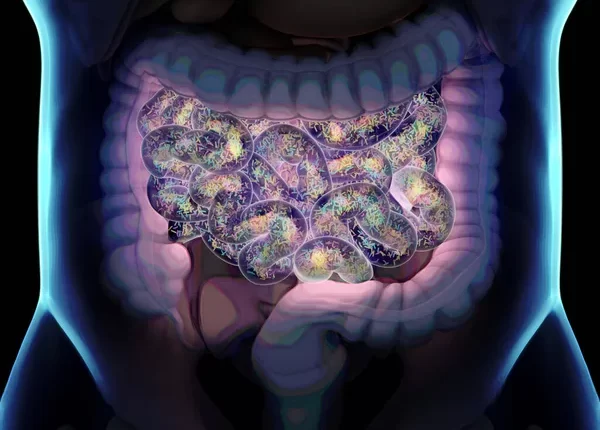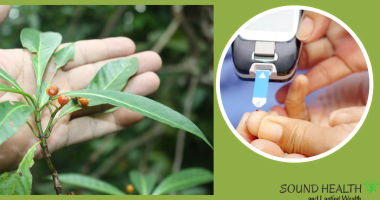Gut microbiome relationship with brain and cognitive performance – Imagine a bustling metropolis within your gut, teeming with trillions of microscopic citizens – the gut microbiome. These tiny residents aren’t just digestion specialists, they may be architects of your child’s cognitive prowess, shaping how they think and their brains develop. Until recently, this intricate relationship was mostly explored in children with neurodevelopmental disorders, but a groundbreaking study by researchers at Wellesley College and beyond has shone a light on its role in healthy youngsters.
The study delved into the guts of 381 healthy kids, uncovering a fascinating link between their gut microbial communities and their cognitive performance. Children with a diverse ensemble of these miniature allies outperformed on thinking tests and boasted brains with more efficient structures. Specific types of microbes emerged as the cheerleaders of cognitive prowess, like the friendly Alistipes obesi and Blautia wexlerae, while others, like Ruminococcus gnavus, seemed to prefer less brainy company.
But the plot thickens! The researchers built intelligent computer models that, based on a child’s early gut microbial profile, could predict how well they would score on future cognitive tests. This predictive power opens a window to a future where we could identify children at risk for developmental issues early on, paving the way for targeted interventions to unleash their full potential.
This isn’t just a scientific triumph, it’s a potential game-changer for parents and healthcare providers. It suggests that nurturing a diverse and healthy gut microbiome, perhaps through dietary and lifestyle adjustments, could be key to setting kids up for cognitive success. Imagine empowering parents with the knowledge to cultivate these Brainiac Bugs in their children’s bellies, fostering not only a healthy gut, but also a sharp mind.
This research represents a crucial first step in deciphering the gut-brain connection in healthy children, with far-reaching implications. Dr. Vanja Klepac-Ceraj, the lead researcher at Wellesley, emphasizes the need to explore these findings further, testing them in diverse settings to solidify their generalizability. This collaborative spirit, exemplified by the interdisciplinary team at Wellesley, is vital in unraveling the intricate mysteries of the brain-gut axis.
The study Key findings:
- Gut diversity matters: Children with a wider variety of gut bacteria tend to score better on cognitive tests and have brains with more efficient structures. This suggests that a diverse microbiome plays a positive role in brain development and cognitive function.
- Specific bacteria, specific outcomes: Certain gut bacteria are linked to better or worse cognitive performance. For example, Alistipes obesi and Blautia wexlerae are associated with higher scores, while Ruminococcus gnavus is more prevalent in children with lower scores. This highlights the importance of individual bacterial types within the microbiome.
- Predicting future brainpower: Researchers used advanced computer models to show that a child’s early gut microbial profile could predict their future cognitive performance. This opens doors for potentially identifying children at risk for developmental issues early on and providing targeted interventions.
- Gut health for brain health: The study emphasizes the importance of nurturing a healthy gut microbiome in early childhood. This could involve dietary adjustments, promoting prebiotic and probiotic intake, and healthy lifestyle choices.
Key takeaway
The key takeaway is that the gut microbiome plays a significant role in healthy children’s cognitive function and brain development. Diverse gut bacteria are linked to better cognitive performance and brain structure, while specific bacteria are associated with higher and lower cognitive scores. This groundbreaking research opens doors for early detection of developmental issues, potential interventions, and fostering healthy gut-brain connections in children.
Additional key points:
- This is the first study to investigate the gut-brain-microbiome axis in healthy children.
- Machine learning models can predict future cognitive performance based on early gut microbial profiles.
- The findings pave the way for developing biomarkers for neurocognition and brain development.
- Dietary and lifestyle choices may influence gut health and potentially boost cognitive function.
Don’t Miss: Does Citrus Supplement Ease Knee Swelling and Pain After Surgery? What Study says









